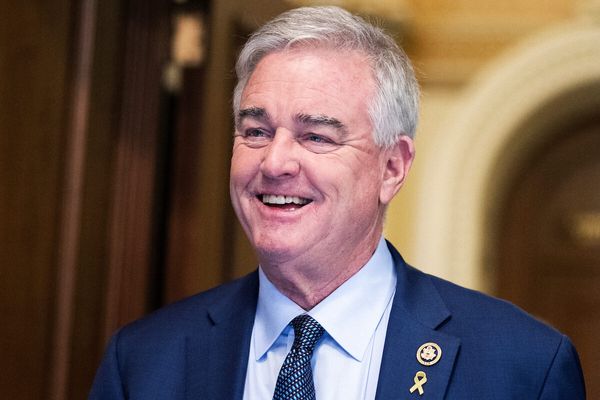
Digital platforms dominate the global scene. Today, everything is under their control, from something as simple as navigation to commerce and retail, video streaming, money saving, healthcare, paying bills, gaming, gambling and even how we commute or order food. Consequently, the need for a robust regulatory framework has never been more important. The pace of tech innovation has outpaced the speed of traditional regulatory frameworks.
In the last few years, we have witnessed a surge in digital market regulations worldwide. While frameworks vary, their main ideas converge around a few key objectives:
- User protection
- Transparency
- Accountability
- User consent and data control
- Real-time monitoring and risk assessment
- Use of AI to detect abuse or harm early
- Licencing and tiered obligations
- Global regulatory systems.
Together, these ideas reflect a global pressure to create safer, fairer, and more transparent digital environments, without stifling innovation. Let’s break it down.
Global Digital Markets Regulations
The European Union is recognised as the worldwide pioneer in digital regulation, especially in the case of consumer rights, data protection, and digital platform accountability. In 2018, they established the first major data protection law – the General Data Protection Regulation (GDPR). It formalised a few foundational principles that later influenced digital laws around the world, such as the right to be forgotten, data breach notifications, as well as explicit user consent.
In 2022, the European Union added two more landmark frameworks: the Digital Markets Act (DMA) and the Digital Services Act (DSA) as part of the EU’s broader aim to regulate the digital economy. Their primary goal was to ensure accountability, fairness, and user protection in online markets, particularly on large-scale platforms.
While the EU is the clear pioneer in digital laws, the US is often seen as a powerful enforcer. In 1998, the US enacted the Children’s Online Privacy Protection Act (COPPA), updated multiple times over the years, whose purpose is to restrict data collection from minors under 13. Also, the California Consumer Privacy Act of 2020 guarantees access, deletion and opt-out for any online platforms. However, while the EU has unified regulations over the countries, the US lacks a single federal law that would govern platform regulation and/or data privacy. It relies on a fragmented system of state or sector-specific laws instead.
Just as the EU, the UK had a similar approach, passing the UK Online Safety Act in 2023, which focuses on holding social media, search engines, and video-sharing platforms accountable for harmful content, especially towards children. As well as the UK Data Protection Act from 2018, which focuses on the use of personal data, consumer rights, data breach notifications and personal consent.
Australia followed suit, establishing the Online Safety Act in 2021, which focuses on cyberbullying, cyber abuse, image-based harm and similar harmful content. Their longstanding Privacy Act (1988) is currently undergoing a major review to align more with global standards such as GDPR.
An increasing number of countries and regions are applying similar digital safety regulations, setting a course for a more accountable and safer online environment.
Player Protection in the Online Gaming Sphere
The global online gambling market is booming. It draws together millions of people around the world, annually generating billions of dollars in revenue. This makes it attractive to fraudsters, con artists, scammers, cyber criminals and illegitimate operators. As a result, the online casino market is one of the most closely watched sectors in terms of digital safety.
Some countries, such as the UK, have some of the most well-established online gambling frameworks. The regulatory bodies are going out of their way to make online gambling safer and more enjoyable for players. Today, online casinos must advise responsible gambling and provide adequate tools, such as deposit limits and self-exclusion options. They must carry out identity verification, age restrictions and access player affordability. Rules on online casino ads are strict with increasing limitations on sponsorships, promotions and collaborations with celebrities or influencers.
Today, the UK is considered a global leader in gambling regulations and safe online gambling markets. Numerous online gambling blogs and comparison sites collect the best operators currently on the market. For example, GG got the best online casinos in the UK listed together with reviews, best bonus options, promotions and other perks for players.
One of the reasons for this leadership is that, in 2020, the UK Department for Culture, Media and Sport (DCMS) undertook a major review of the 2005 UK Gambling Act in order to examine if there is the right balance of regulation on online casino and betting advertising, operator obligations, responsible gambling measures and affordability checks, as well as prevention of harm to vulnerable groups, such as minors, and wider communities. The aim is to ensure that consumers are suitably protected on whichever platform they are gambling, with minimal to zero data breaches and fraudulent exposure.
Online entertainment is rapidly evolving, and the rules must follow its pace. The key challenge is striking a balance between innovation and responsibility, ensuring users stay protected while the industry keeps moving forward.







